I. Introduction
1. Definition of Refrigeration
Refrigeration is the process of removing heat from a specific area to lower its temperature. This is typically achieved through mechanical processes, which include various methods like vapor compression and absorption.
2. Importance of Refrigeration
Refrigeration plays a crucial role in modern society. It ensures the preservation of food, maintains medical supplies at safe temperatures, and boosts energy efficiency in various industries. The ability to store perishable goods for extended periods helps in reducing food waste and ensures food safety.
3. Historical Background
The concept of refrigeration dates back to ancient civilizations that used ice and snow to keep food cool. The first mechanical refrigeration was developed in the mid-18th century by William Cullen, and since then, technological advancements have transformed refrigeration into an integral part of daily life, shaping modern food storage and transportation.
 |
| IMAGE SOURCE |
1824: Michael Faraday discovers the principle of the absorption-type refrigeration.
 |
| IMAGE SOURCE |
1834: Jacob Perkins, an American engineer, patented the first practical ice-making machine.
 |
| IMAGE SOURCE |
1844: John Gorrie develops the first successful refrigeration machine in the US.
 |
| IMAGE SOURCE |
1850 - 1859: Ferdinand Carrie develops the absorption-type machine in France.
 |
| IMAGE SOURCE |
1855: Germans produce the first absorption-type refrigerating mechanism.
 |
| IMAGE SOURCE |
1860: The basic concept underlying modern-day refrigeration is developed.
| IMAGE SOURCE |
1900: Air conditioning for comfort and industrial use became significant.
1910: Appearance of the first domestic refrigerator.
 |
| IMAGE SOURCE |
| IMAGE SOURCE |
1926: The General Electric motor appears after 11 years of experimenting.
1927: The Electrolux appears on the American market.
 |
| IMAGE SOURCE |
4. Applications of Refrigeration in Agriculture and in the Food Industry
Refrigeration plays a crucial role in both agriculture and the food industry by extending the shelf life of perishable products, maintaining quality, and reducing food waste. Here are some applications of refrigeration in these sectors:
1. Storage of Produce: Refrigeration helps in preserving fruits, vegetables, and other perishable produce by slowing down the ripening process and inhibiting the growth of microorganisms that cause spoilage.
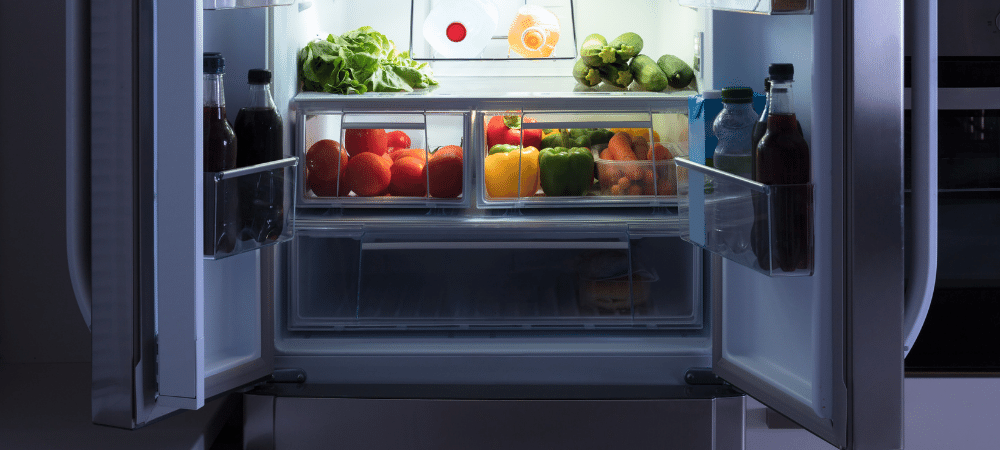 |
| IMAGE SOURCE |
2. Transportation: Refrigerated trucks and containers are used to transport perishable goods long distances while maintaining the required temperature to ensure that the products reach their destination fresh and safe for consumption.
.png) |
| IMAGE SOURCE |
3. Food Processing: Refrigeration is essential in food processing facilities to cool down cooked products quickly, preventing bacterial growth and ensuring food safety. It is also used in freezing and storing raw materials for later use.
 |
| IMAGE SOURCE |
4. Dairy Industry: Refrigeration is crucial in the dairy industry for storing and processing milk, cheese, and other dairy products at controlled temperatures to maintain quality and prevent bacterial contamination.
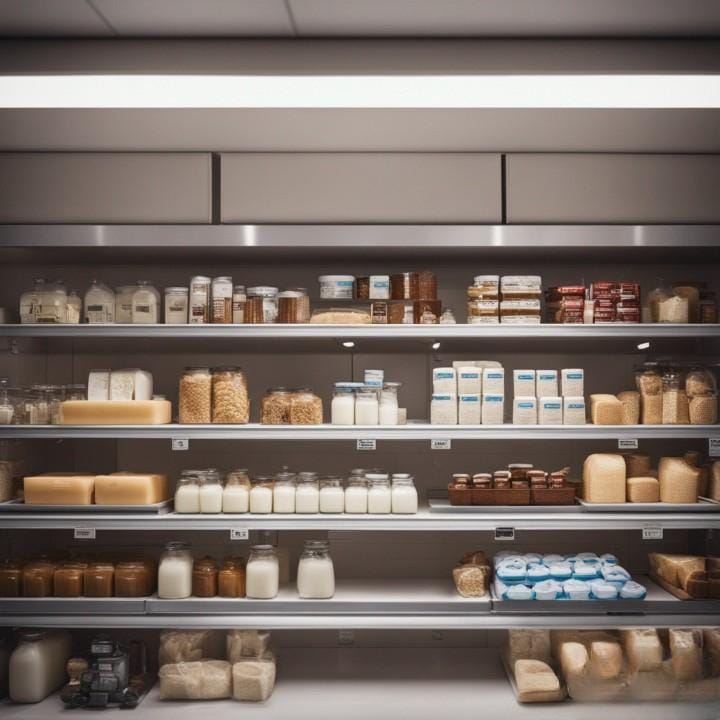 |
| IMAGE SOURCE |
5. Meat and Seafood: Refrigeration is essential in storing meat and seafood products to extend their shelf life, prevent spoilage, and maintain freshness.
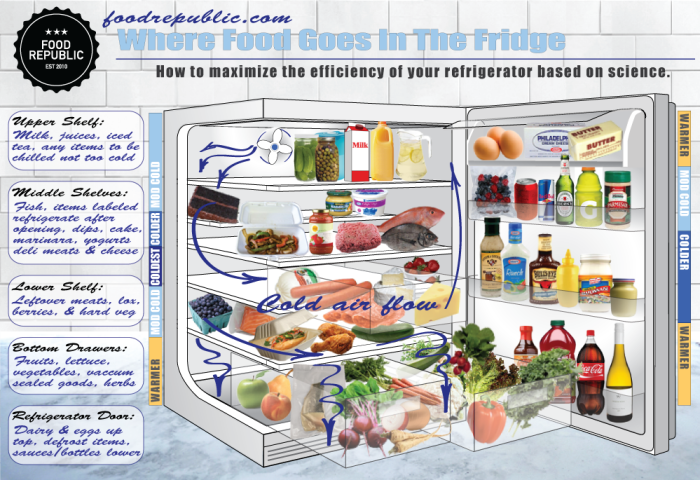 |
| IMAGE SOURCE |
6. Beverage Industry: In the beverage industry, refrigeration is used for cooling and storing beverages such as soft drinks, juices, and beer at optimal temperatures to preserve flavor and quality.
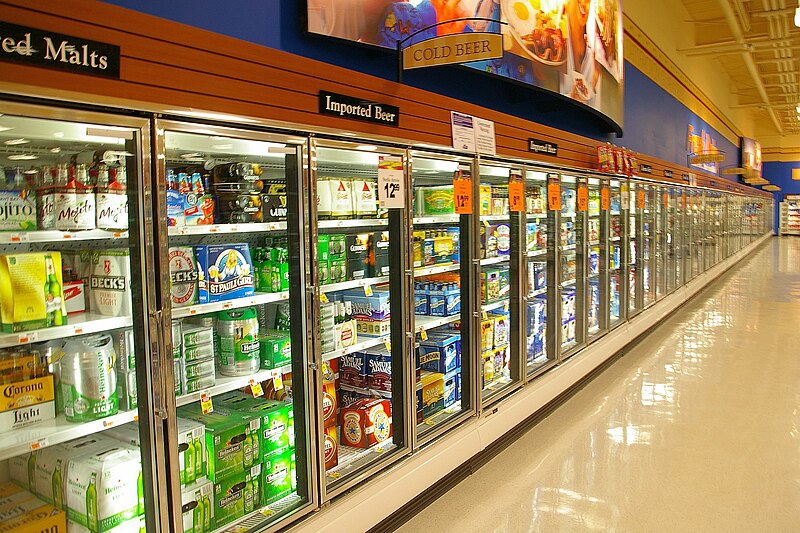 |
| IMAGE SOURCE |
7. Food Retail: Refrigeration is used in supermarkets, grocery stores, and restaurants to display and store a wide range of perishable goods, including fresh produce, meats, dairy products, and ready-to-eat meals.
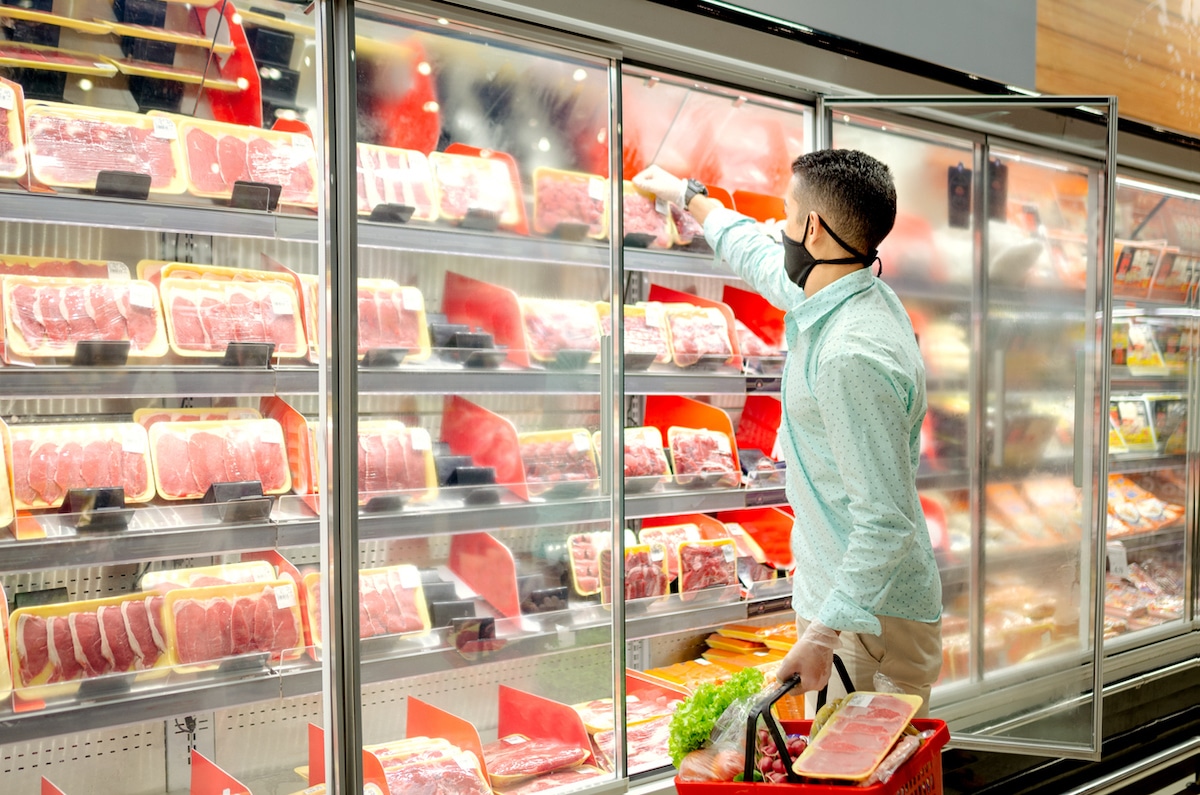 |
| IMAGE SOURCE |
8. Cold Storage Facilities: Refrigerated warehouses and cold storage facilities are used for bulk storage of perishable goods before distribution, helping to manage inventory and prevent food waste.
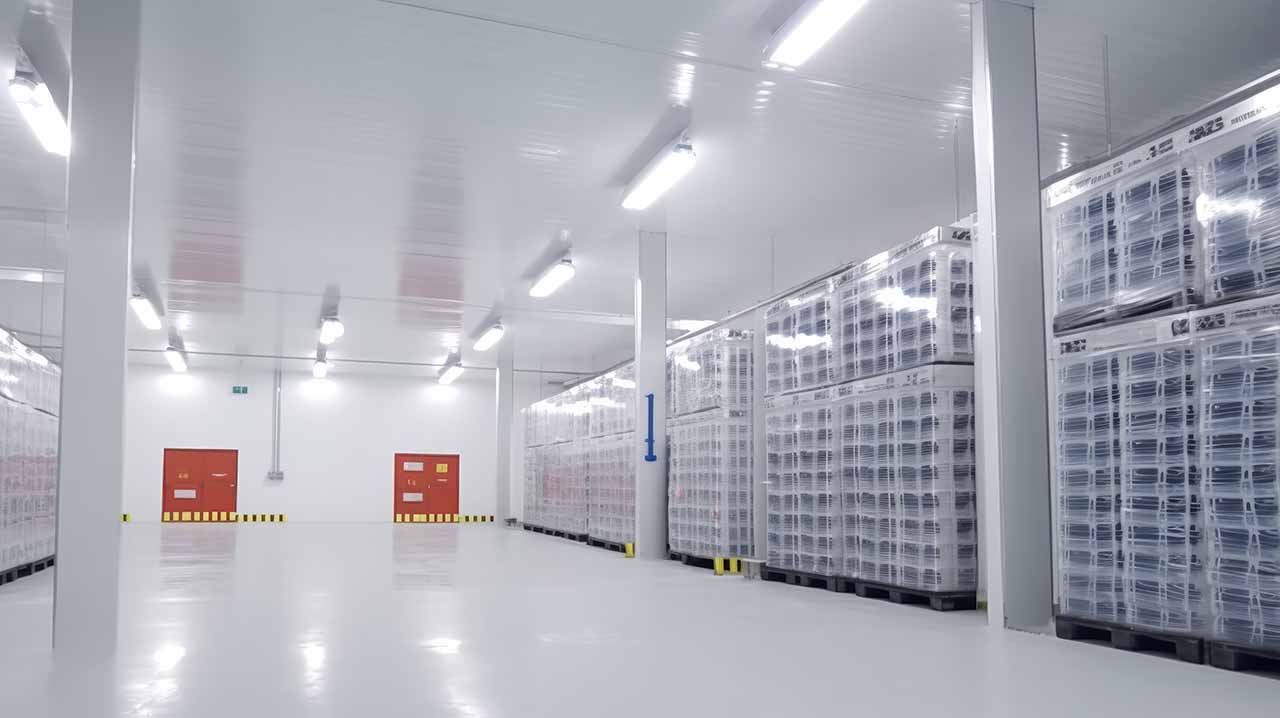 |
| IMAGE SOURCE |
Overall, refrigeration plays a vital role in maintaining food safety, quality, and availability throughout the supply chain in both agriculture and the food industry.
5. References
- Maxwell, S. (2019). Understanding Refrigeration. Journal of Refrigeration, 12(3), 45-58.
- Thompson, R. (2020). The Impact of Refrigeration on Food Safety. Food Science and Technology, 8(1), 22-30.
- World Health Organization. (2021). Refrigeration: An Essential Element in the Food Safety Chain.




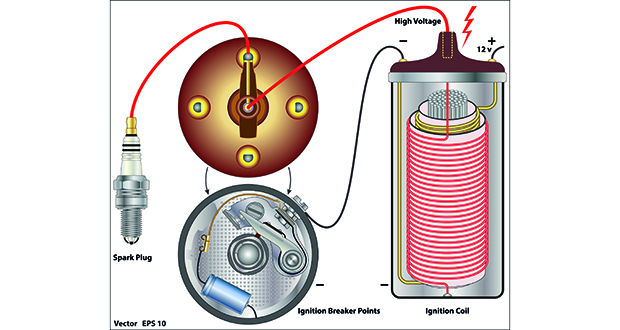

.png)
0 Comments